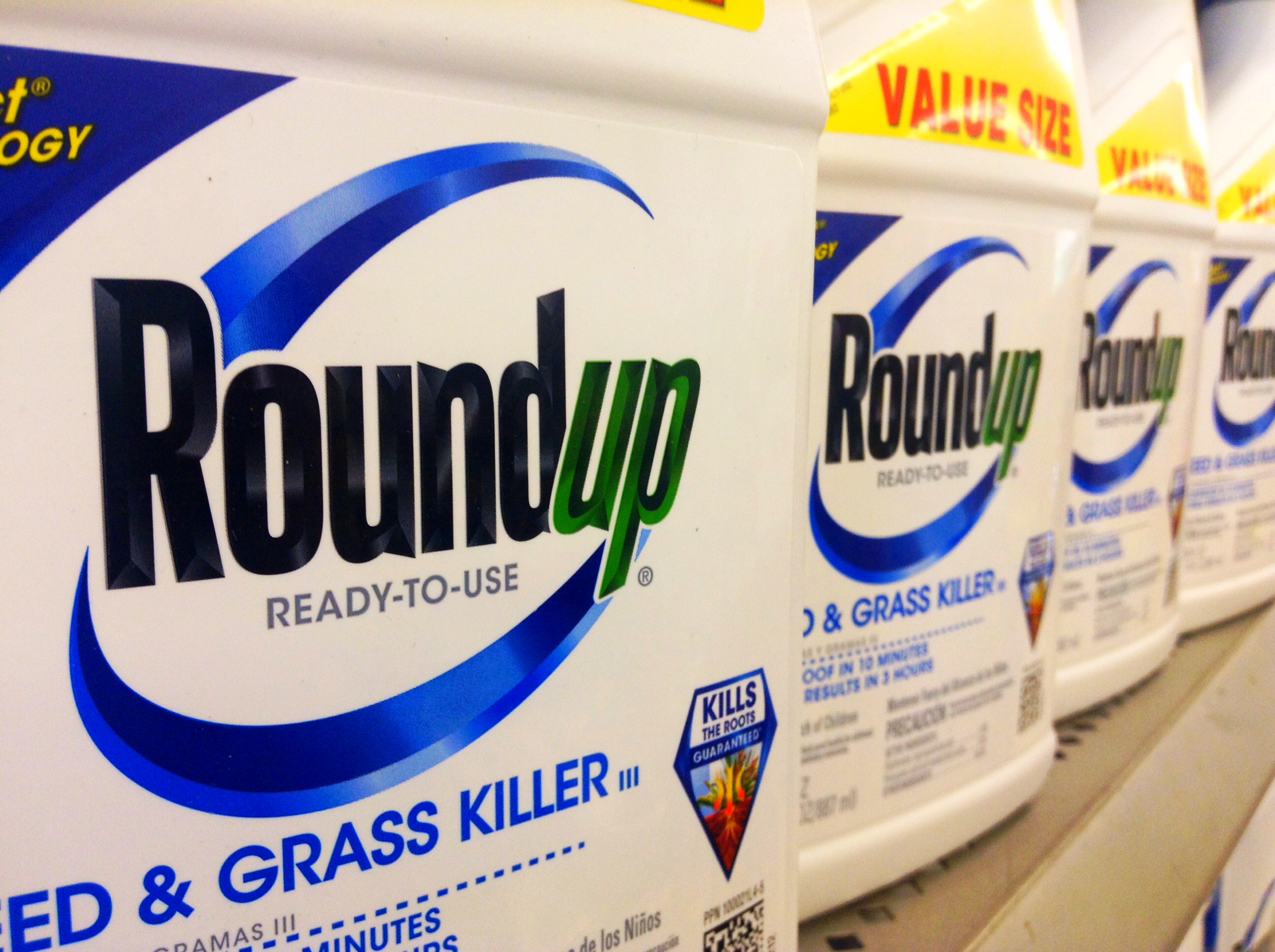
Monsanto Has Known Glyphosate Promotes Cancer since 1981
Glyphosate, the active ingredient in Monsanto's best-selling herbicide Roundup, is one of the most commonly used herbicides in the world.
An estimated one billion pounds a year is sprayed on our food crops, resulting in the average American eating several hundred pounds of glyphosate-contaminated food every year.
How might that affect your health? Dr. Anthony Samsel is an expert in this area, and in this interview, he reveals a number of glyphosate's adverse effects.
July 5, 2015 | Source: Mercola.com | by Dr. Mercola
Glyphosate, the active ingredient in Monsanto’s best-selling herbicide Roundup, is one of the most commonly used herbicides in the world.
An estimated one billion pounds a year is sprayed on our food crops,1,2 resulting in the average American eating several hundred pounds of glyphosate-contaminated food every year.
How might that affect your health? Dr. Anthony Samsel is an expert in this area, and in this interview, he reveals a number of glyphosate’s adverse effects.
Armed with this understanding, you’ll likely be far more motivated to eliminate this pernicious toxin from your diet—and to take action to get it out of our food supply so that everyone can be protected.
Dr. Samsel is a research scientist who is passionate about farming, gardening, and agriculture, making him particularly suitable for investigating glyphosate.
“I was with the ‘think tank,’ Arthur D. Little (ADL) in Cambridge, Massachusetts for many years working as a research scientist on many types of projects, from product development to environmental sciences to later switching to health sciences,” he says.
He’s also done contract work for the Environmental Protection Agency (EPA), and as a hazardous materials expert, he’s worked for the United States Army Corps of Engineers (USACE), the United States Navy (USN), and the United States Coast Guard (USCG).
For example, Dr. Samsel was one of the authors of the Chemical Hazard Response Information System (CHRIS) manual for the US Coast Guard. He is also a valuable contributor to our article comments section (Vital Votes).
Besides his career in science, he also owned and operated several farms in New England, and it was this first-hand experience that led him to begin investigating the effects of glyphosate in the first place.
“I started using glyphosate myself commercially around the farm and my properties back in the late ’70s or early ’80s, when it first came on the market,” he says.
“I believed the hype like all the other farmers and people around the world do, that glyphosate is as safe as salt and that it broke down into harmless chemicals that did no harm. I believed all that stuff until I started studying the chemical.
Being a research scientist, a chemist, I knew what to look for. Having worked in public health, I was familiar with how chemicals had effects on the human body and on animals. So I started approaching it from that aspect.
As far as my own health, it started to suffer. That’s what put me on the road to take a look at this chemical because I was using it.”
https://www.youtube.com/watch?v=8QqR68BY6F4
